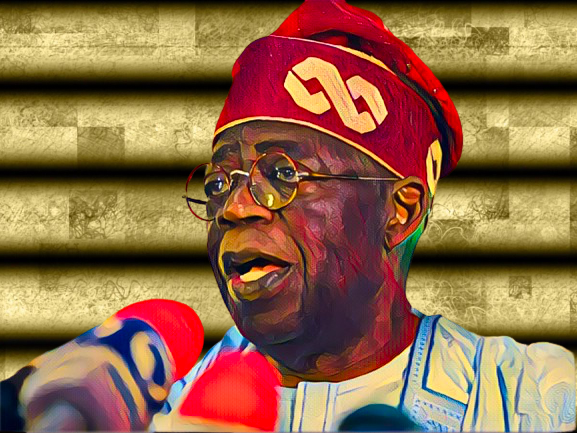In a noteworthy development for Nigeria’s justice sector, President Bola Tinubu recently emphasized the crucial role of the judiciary in supporting economic growth and ensuring the well-being of Nigerians. During the 2024 National Summit on Justice held in Abuja, the President, represented by Vice-President Kashim Shettima, called on the judiciary to undertake comprehensive reforms. These reforms are aimed to strengthen a justice system that not only promotes a rapidly growing economy but also safeguards the basic human and political rights of individuals, providing security and justice for all.
The President’s speech highlighted the importance of collaboration among the three branches of government—Executive, Legislature, and Judiciary. He emphasized that significant progress could be made when these entities come together to address the various challenges facing Nigeria in a creative and concerted manner. This summit, therefore, serves as a platform for such critical engagement and dialogue, aimed at fostering systemic changes and essential reforms within the justice sector.
President Tinubu urged the judiciary to closely align its operations with the principles of his administration’s Renewed Hope Agenda. This agenda prioritizes inclusivity, fairness, the rule of law, and a strong anti-corruption stance. By doing so, the judiciary would play a pivotal role in delivering on the administration’s promises, thereby enhancing public trust and societal stability.
One of the notable steps taken by President Tinubu’s administration to empower the judiciary is the significant increase in funding. The budget for the judiciary was more than doubled in the 2024 Renewed Hope budget, illustrating a robust commitment to enhancing the operational capacity of this vital arm of government. Furthermore, the administration has ensured a full complement of 21 Justices at the Supreme Court, adhering strictly to the legal requirements, and has initiated a legislative process to substantially increase the salaries and emoluments of judges.
Despite these strides, President Tinubu acknowledged the ongoing necessity for a functional justice system that can effectively support Nigeria’s economic dynamics while securing the rights and safety of its citizens. He stressed the urgency of continuing reforms, pointing out that the justice sector must innovate in policy and reform at the citizen level, and adapt legislatively as needed to meet these challenges effectively.
The President called for a new direction in the leadership of justice sector institutions, focusing on outcomes that directly respond to the needs of Nigerians. He emphasized the need for informed and coordinated efforts to tackle the inefficiencies within the system, demanding performance improvements that citizens can recognize and benefit from. He outlined his vision for a justice system that not only addresses current needs but also serves future generations of Nigerians.
Echoing the President’s sentiments, Senate President Godswill Akpabio praised the collaborative spirit among justice sector stakeholders, aimed at forging a robust system that delivers fair justice irrespective of an individual’s background or social standing. He reassured that the National Assembly is committed to supporting transformative justice through legislative backing, which will help institutionalize the outcomes of the summit.
Furthermore, the Chief Justice of Nigeria, Justice Okukayode Ariwoola, spoke on the imperative need for comprehensive reforms, encompassing constitutional, statutory, and operational changes to align the judiciary with the public’s expectations and aspirations.
Lastly, the Attorney General of the Federation and Minister of Justice, Chief Lateef Fagbemi, highlighted the ongoing revisions to the national policy on justice. He stressed the importance of building a national consensus to advance the justice sector, underscoring the critical need for systemic improvements that support the broader goals of national development and public welfare.
This summit is a crucial moment for Nigeria’s judiciary, indicating a shared determination to transform the justice system into a more efficient, fair, and responsive institution. The coordinated actions taken by Nigeria’s leadership to improve the judicial system are a promising move towards building economic resilience and enhancing the quality of life for all Nigerians.
Source: This Day Live


